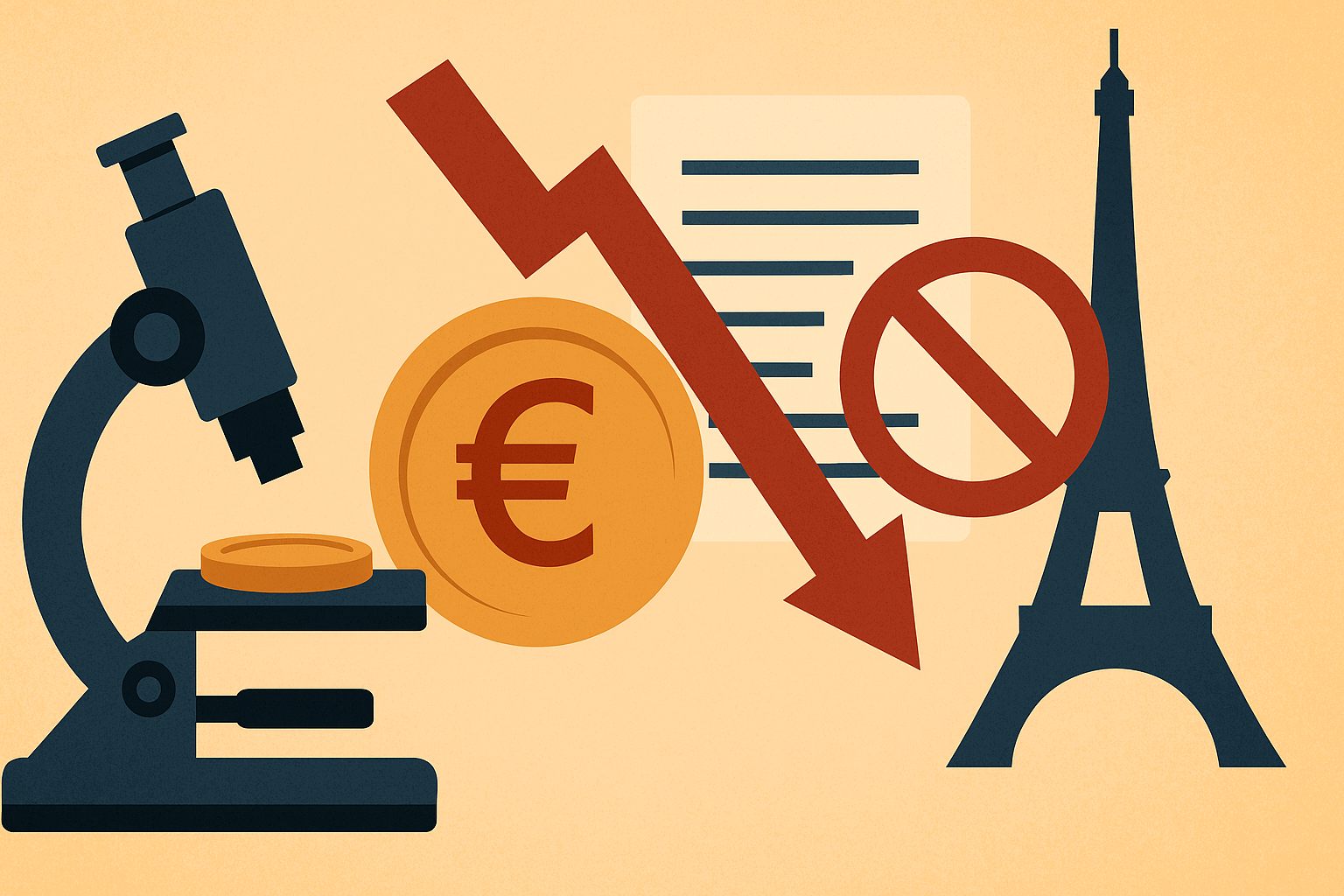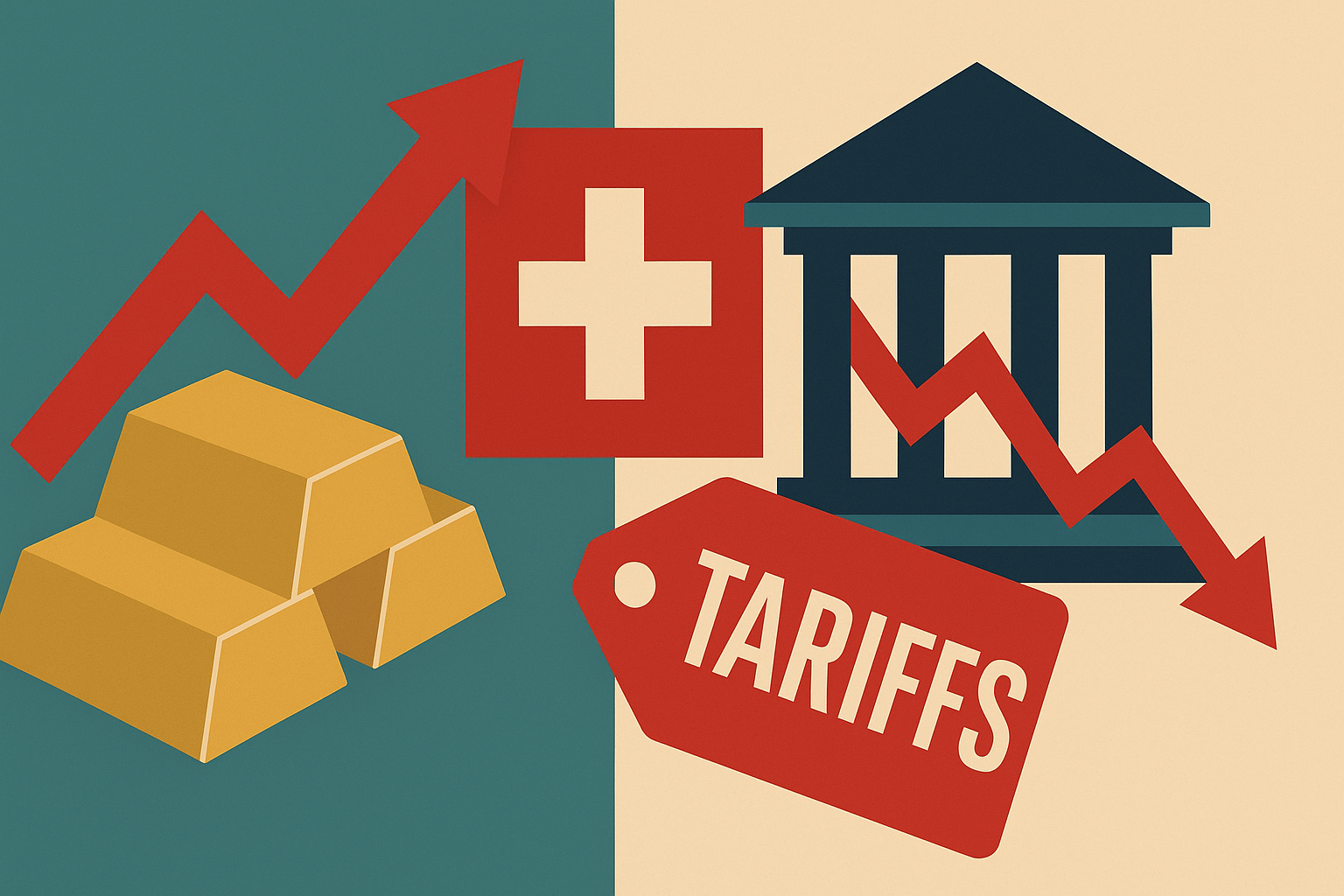The French government is considering major regulatory changes in the private medical laboratory sector, including profitability caps, as mounting debt and leveraged buyouts push several large laboratory groups toward restructuring.
A recent audit led by France’s health sector oversight body recommends urgent reforms to address what it describes as “abnormally high profitability” among private equity-backed laboratories. The report proposes “profitability-based regulation” to bring laboratory costs in line with national healthcare spending.
High Margins, Heavy Debt
Over the past few years, private equity firms have aggressively acquired several French medical labs, drawn by the sector’s high profit margins, which the report says are 7 percentage points higher than the rest of France’s healthcare sector.
However, these acquisitions often relied on leveraged buyouts, leaving many firms burdened with unsustainable debt. The report warns that restructuring is inevitable for large groups, given the financial risks taken by investors and lenders on the assumption that these high margins would persist.
Notably:
- Cerba, owned by Swedish investment firm EQT, is under strain from €4 billion in debt and is reportedly already at risk of restructuring. Its secured bonds are trading at just 70 cents on the euro, while unsecured bonds are valued at only 8 cents, indicating severe distress.
- Inovie, backed by private equity firm Ardian, is also heavily leveraged, with over €2 billion in borrowings after its 2020 buyout.
- Biogroup, although not private equity-owned, carries significant acquisition-related debt and is considered a restructuring candidate by credit investors.
- Synlab, owned by Cinven, was also consulted in the government’s review.
Investor Wake-Up Call
According to the report, the sector’s 13.9% free cash flow-to-revenue ratio — a key performance metric for private equity — has masked deeper financial vulnerabilities. After factoring in debt repayments and financial expenses, the net profitability of many lab groups is already “low or unsustainable.”
A chief investment officer at a major European credit fund described the audit as “a wake-up call for investors,” suggesting many had overlooked the looming regulatory risks.
The French government appears committed to allowing market corrections to play out. The report clarified that it is not the role of the national health insurance fund to shield companies from the consequences of their financial strategies, especially when their operational capacity to provide medical testing remains intact.
Implications for the Sector
The proposed measures come at a sensitive time for France’s healthcare system and its private investment landscape. If implemented, profit caps could drastically reshape the economics of the laboratory sector and force a re-evaluation of private equity strategies in health services.
EQT and Ardian declined to comment on the report. Biogroup did not respond to media inquiries.
As scrutiny intensifies, investors and lab operators alike must brace for tighter regulation and a potential wave of debt-driven reorganizations across the French medical testing industry.








